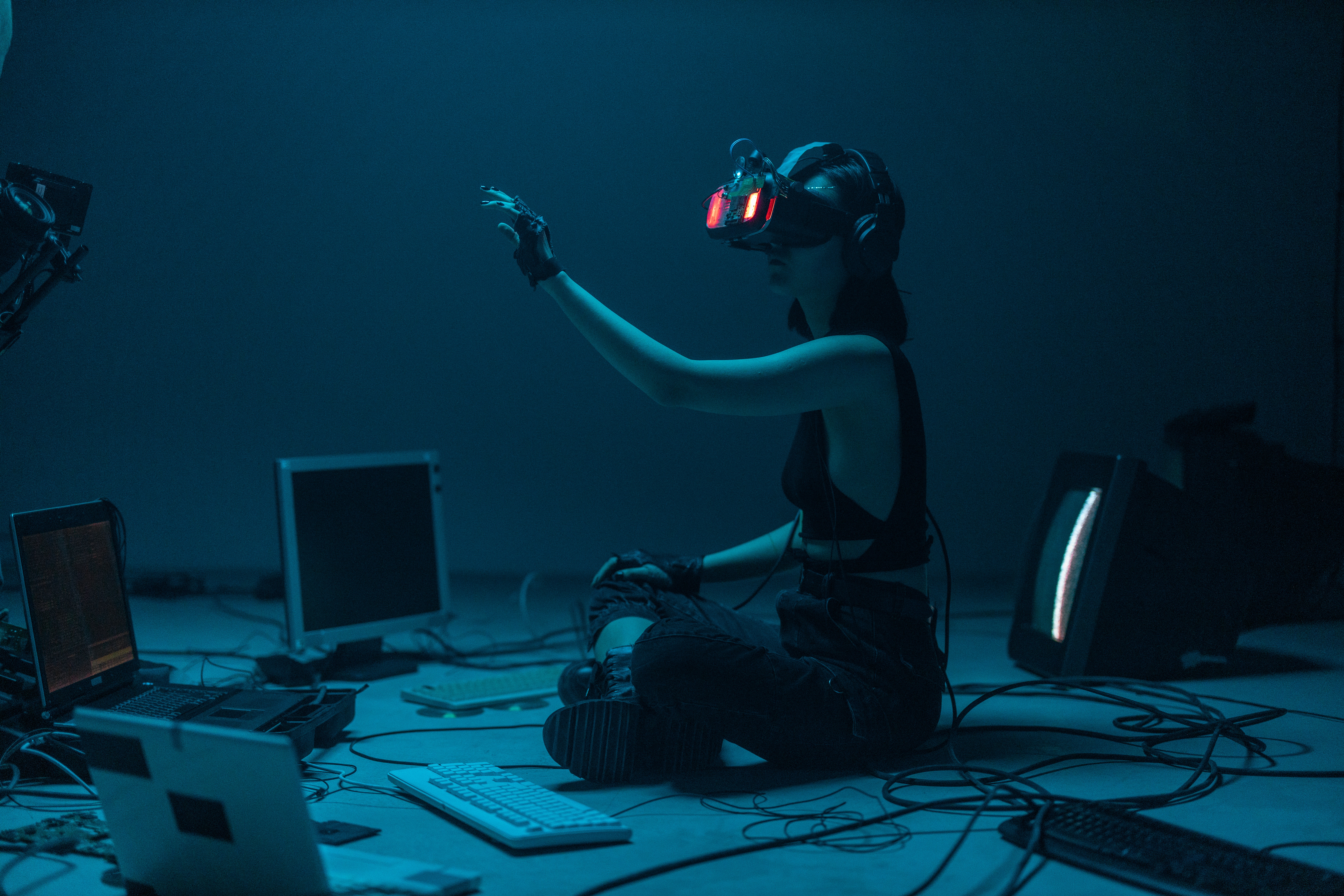Introduction
AI Technology: Artificial Intelligence (AI) technology has seen rapid advancements in recent years, revolutionizing various industries and transforming the way we live and work. While AI brings a plethora of benefits, it also raises concerns and challenges that need to be addressed. In this blog, we will delve into the pros and cons of AI technology, shedding light on its potential and the issues that require careful consideration.

Pros of AI Technology
Increased Efficiency and Productivity: AI-powered systems can perform repetitive and labor-intensive tasks at a much faster rate than humans. This increased efficiency leads to higher productivity in industries such as manufacturing, data analysis, and customer service.
Enhanced Decision Making: AI algorithms can analyze vast amounts of data and identify patterns, helping businesses and organizations make data-driven decisions. This capability improves accuracy and can lead to more effective strategies.
Personalization and User Experience: AI can analyze user preferences and behavior, enabling personalized experiences in various applications, including online shopping, content recommendations, and personalized healthcare solutions.
Improved Healthcare and Diagnostics: AI has the potential to revolutionize healthcare by assisting doctors in diagnosing diseases more accurately and providing personalized treatment plans. Medical imaging analysis and drug development are some areas where AI is making a significant impact.
Autonomous Systems: AI technology drives the development of autonomous vehicles, drones, and robots, which have the potential to transform transportation, logistics, and manufacturing industries.
Efficient Customer Support: AI-powered chatbots and virtual assistants enable 24/7 customer support, improving response times and reducing the workload on human agents.
Cons of AI Technology
Job Displacement: One of the major concerns surrounding AI is its potential to replace human jobs. As AI automates tasks, certain job roles may become redundant, leading to unemployment and the need for workforce reskilling.
Ethical Dilemmas: AI raises complex ethical questions, particularly regarding data privacy, bias in algorithms, and the responsibility of autonomous systems in critical decision-making scenarios.
Lack of Creativity and Emotional Intelligence: AI lacks the human touch in creativity, emotional intelligence, and empathy. These qualities are essential in various professions, such as arts, therapy, and caregiving.
Reliance on Data Quality: AI systems heavily depend on high-quality and relevant data for accurate decision-making. Biased or inaccurate data can lead to flawed results and perpetuate existing biases.
Security and Privacy Concerns: AI systems can be vulnerable to cyber attacks, raising concerns about the security of critical data and the potential misuse of AI-generated content, such as deepfakes.
Human Dependency on AI: Over-reliance on AI technology can lead to a lack of critical thinking and the erosion of human skills in certain areas, making humans overly dependent on machines.
Conclusion
AI technology is undoubtedly a game-changer, bringing forth numerous advantages across industries and improving various aspects of our daily lives. From enhanced efficiency and decision-making to personalized user experiences, AI has the potential to shape a brighter future.
However, with its benefits come significant challenges that must be addressed. Job displacement, ethical dilemmas, and data privacy concerns are among the critical issues that require careful consideration and proactive solutions.
To harness the full potential of AI while mitigating its drawbacks, collaboration between technologists, policymakers, ethicists, and society at large is essential. Striking a balance between the integration of AI technology and preserving human skills and values will pave the way for a harmonious coexistence with this powerful and transformative technology. As we navigate the AI-driven future, thoughtful and responsible AI deployment will be crucial in shaping a world that benefits all of humanity.

